Interview with Conservation Careers “Nature’s ninjas – the front line in conservation: An interview with Global Conservation Force’s president Mike Veale”
Nature’s ninjas – the front line in conservation: An interview with Global Conservation Force’s president Mike Veale
As we march into 2018, news from the conservation front-line is bleak. The earth is teetering towards its sixth mass global extinction – this time, as a direct result of human interference. Meanwhile, wildlife is the fourth most profitable trafficking crime after humans, weapons and drugs. And, the International Union for Conservation of Nature (IUCN) has 41,416 species on its red list – of which 16,306 are threatened with extinction.
Now, more than ever, conservation needs help. But, the good news is, there is still time to make a difference and you can use your hobbies and experience to do so.
In 2014, enraged by the escalating global poaching crisis, Mike Veale, then a rhino zoo keeper and combat-sport enthusiast, took-up the call to arms. And, following some intense anti-poaching training with Pro Track, he jumped into the battle’s epicentre – South Africa.
“Because of the rhino crises [my training] was man-tracking and clandestine operations. It was intelligence basics, survival and how to stay in the bush for 28 days at a time. It was; what do you do if you get ambushed by poachers? What do you do if your legs are broken by an elephant? At the same time, I was learning first-hand about all the other rhino poaching crises angles,” Veale told Conservation Careers.
He returned to the US determined to make a difference and subsequently founded the NGO Global Conservation Force (GCF). Veale now divides his time training the front-line against poachers in Africa, while educating and fundraising in the States.
“I wanted to properly represent poaching to the US and the international community. Because, based on what I had seen in the past, I knew rangers did not have a voice. I wanted to make sure the right kind of training and donations were getting to Africa,” he said.
CONNECT
- P.O. Box 956 Oceanside, CA 92049
- info@globalconservationforce.com
- EIN 474499248
- Copyright 2024. All Rights Reserved. Powered by Wild Media.

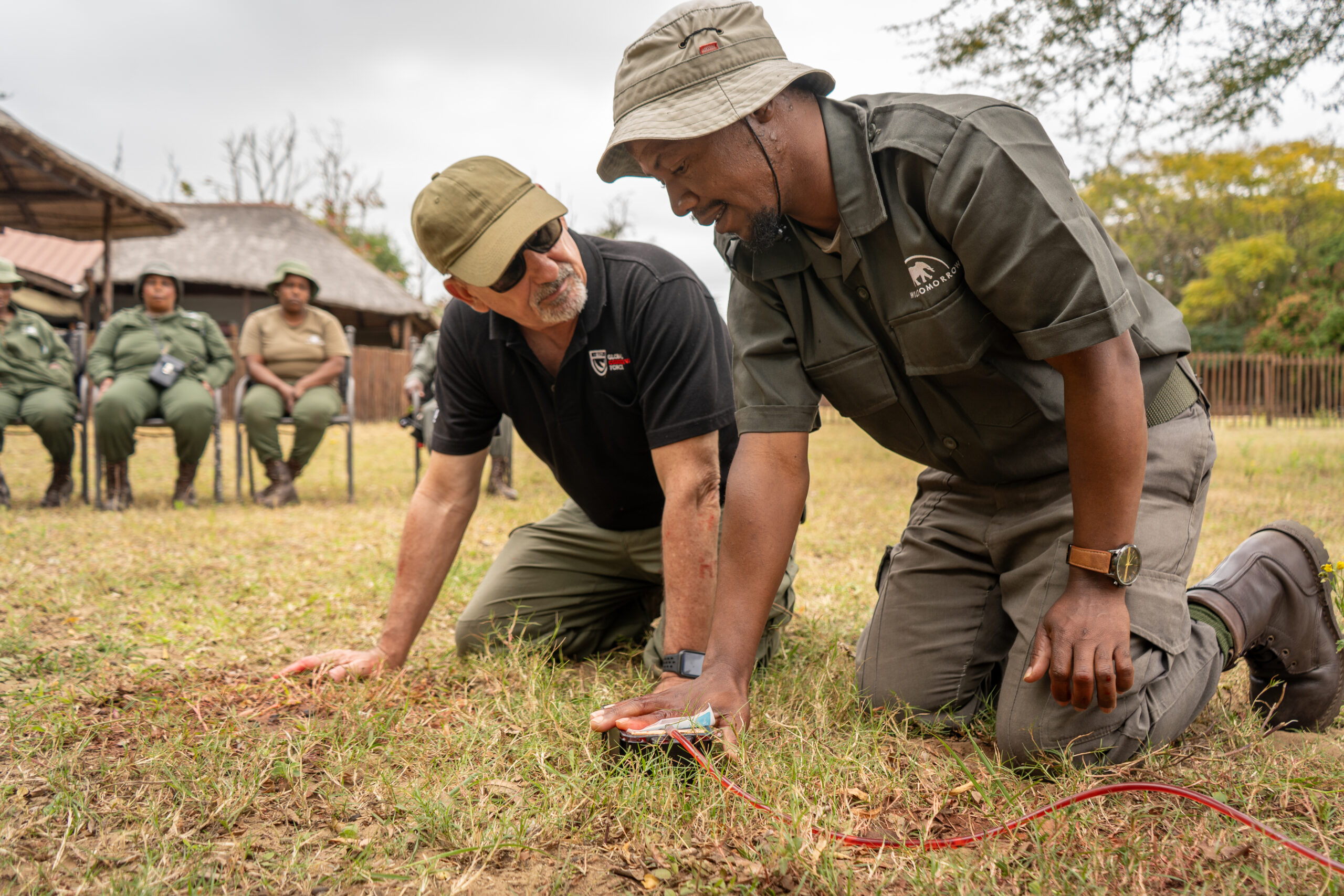
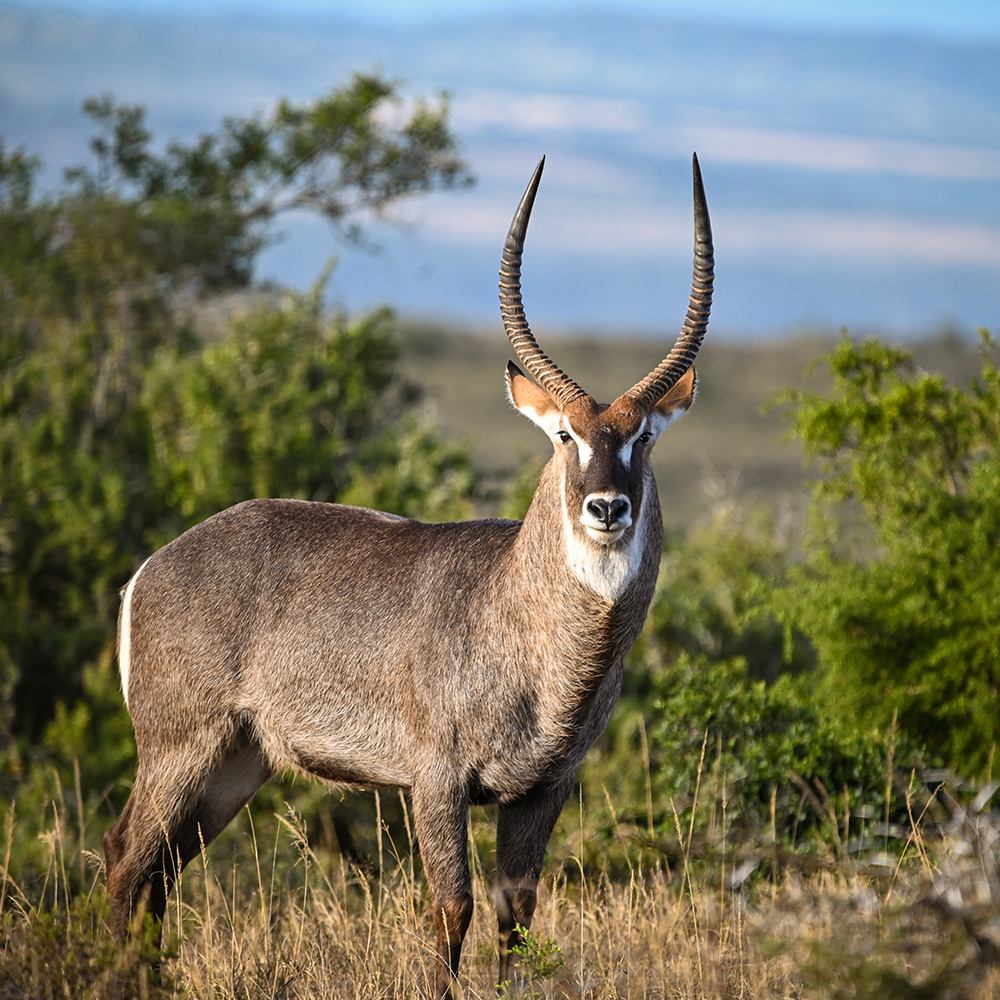
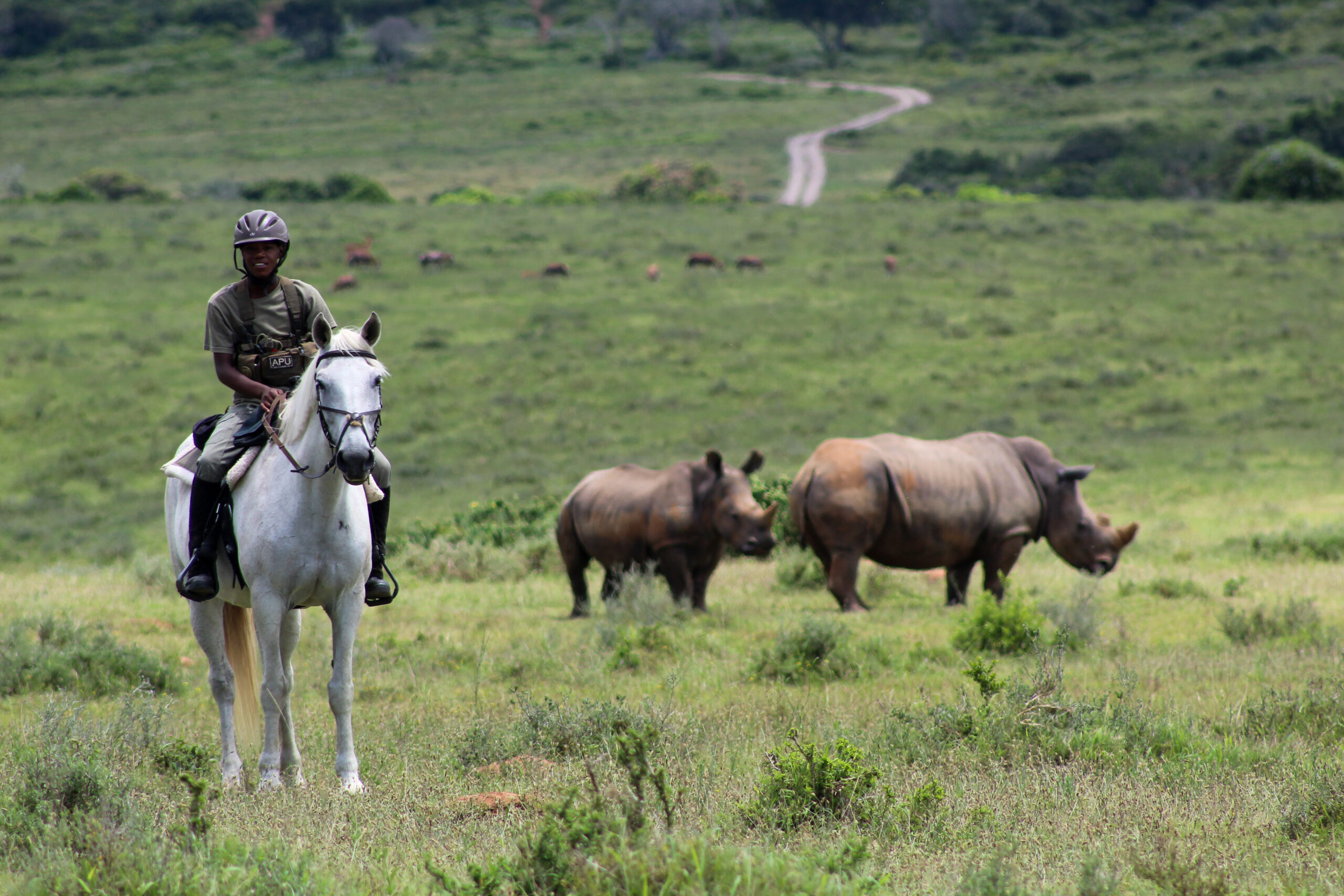
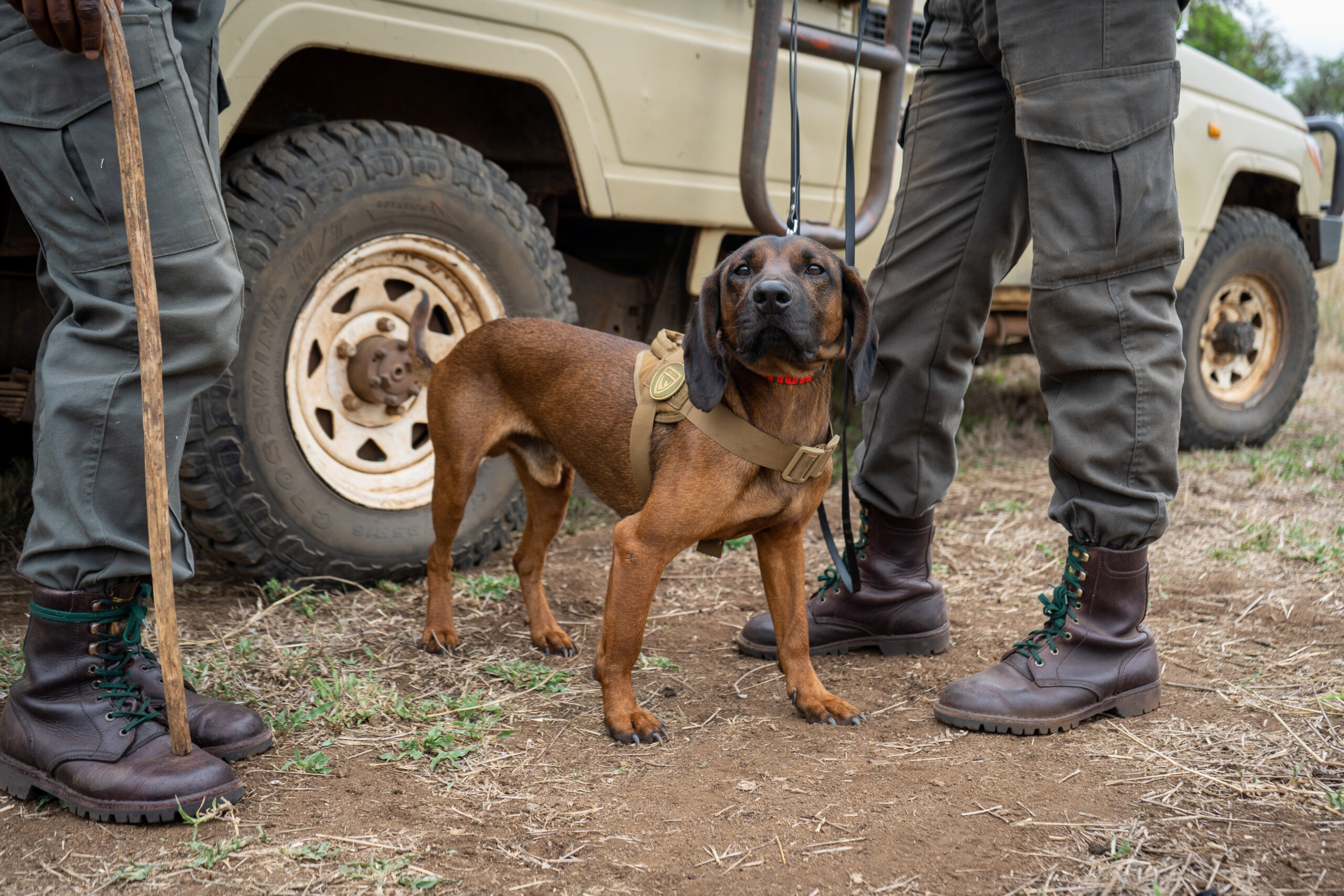
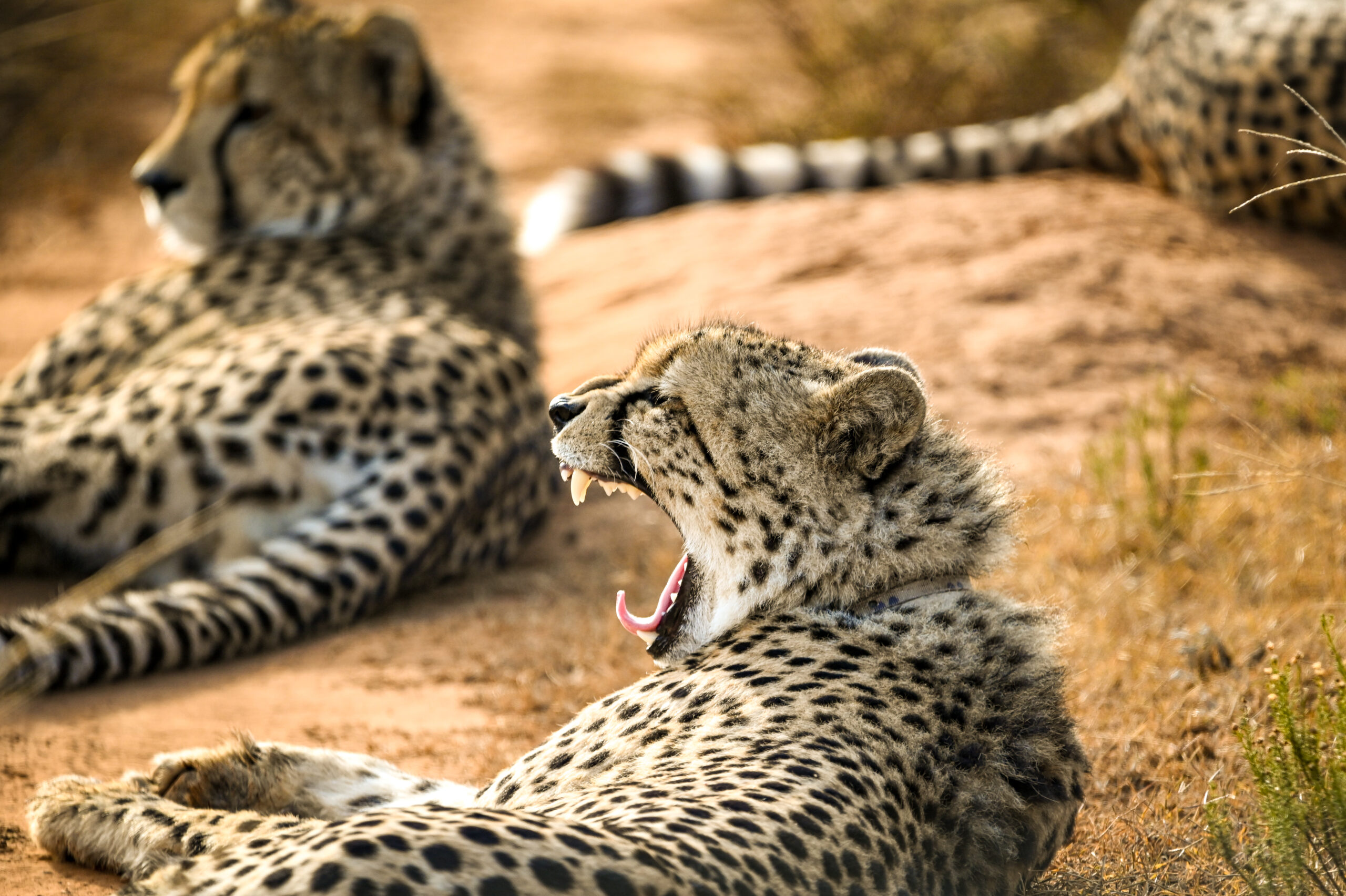
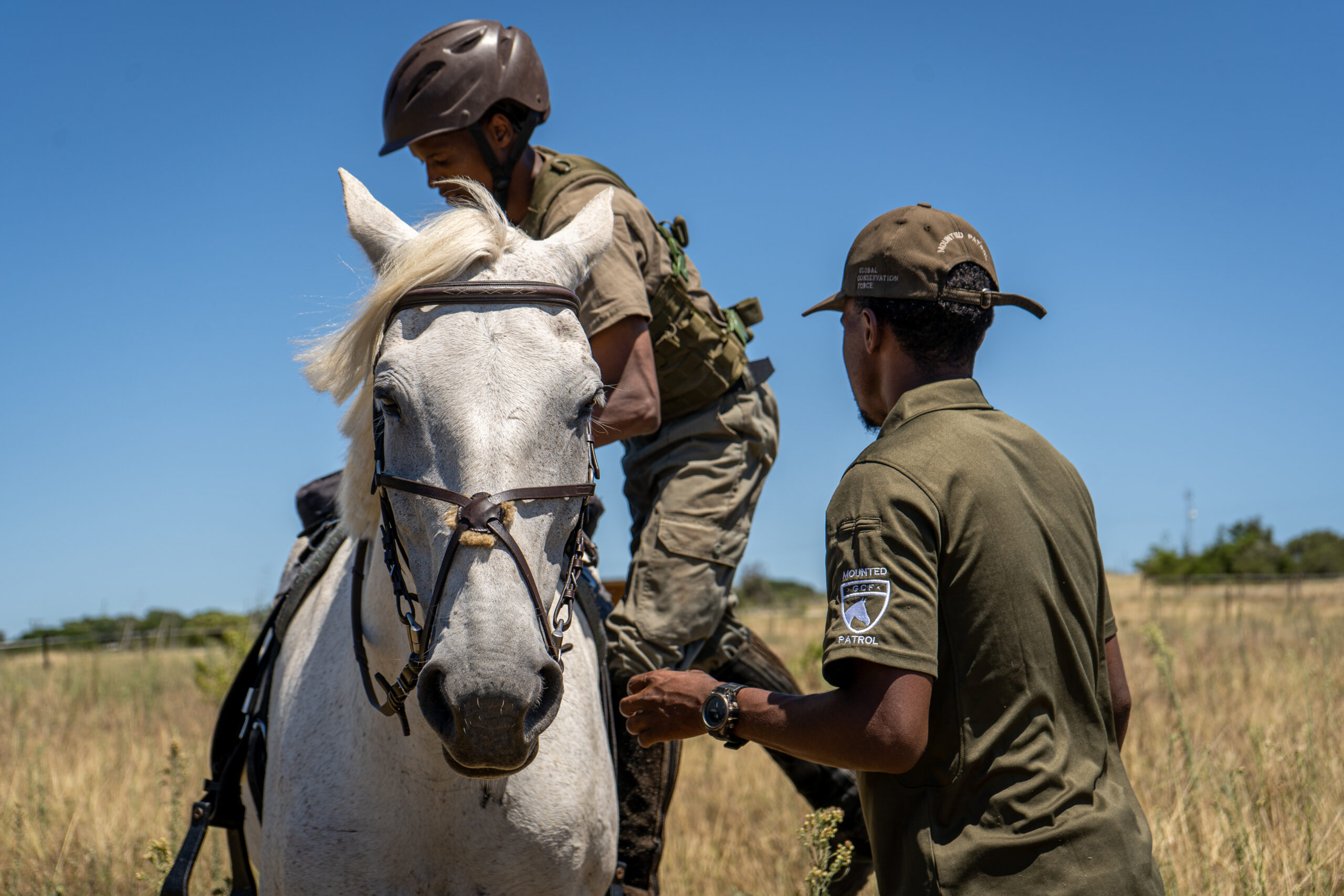
Leave a Reply